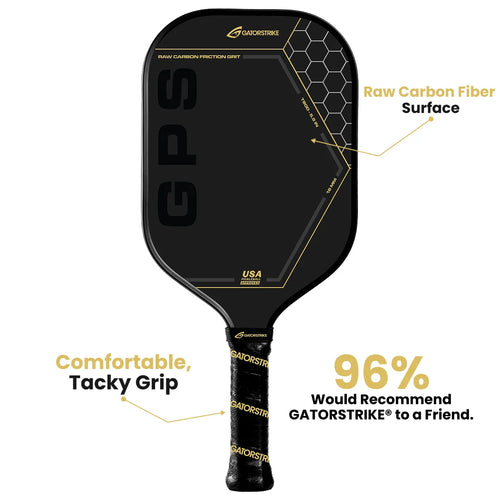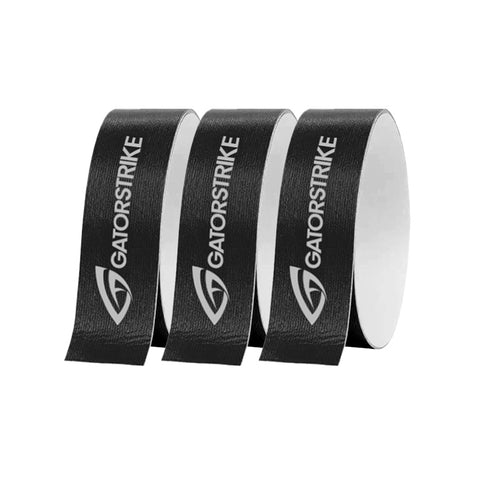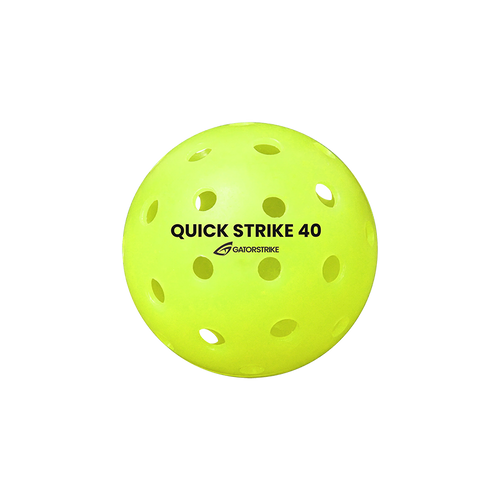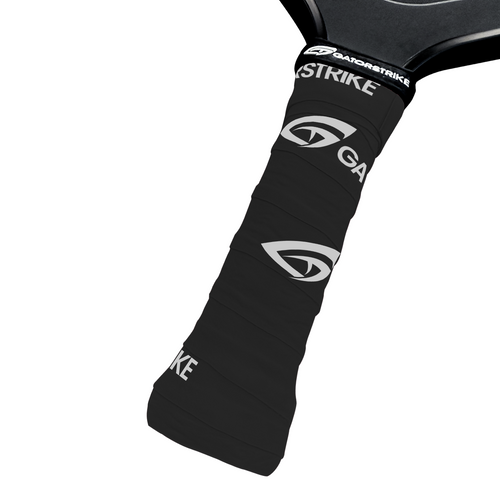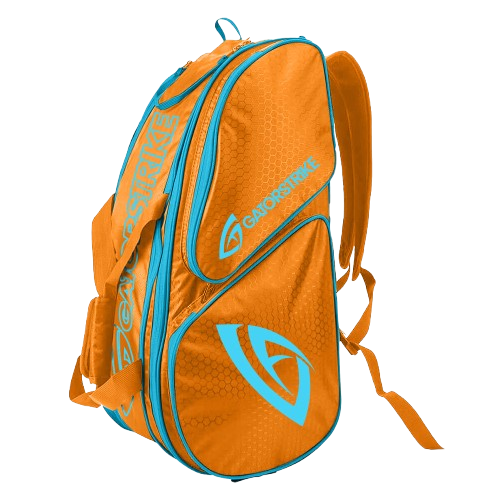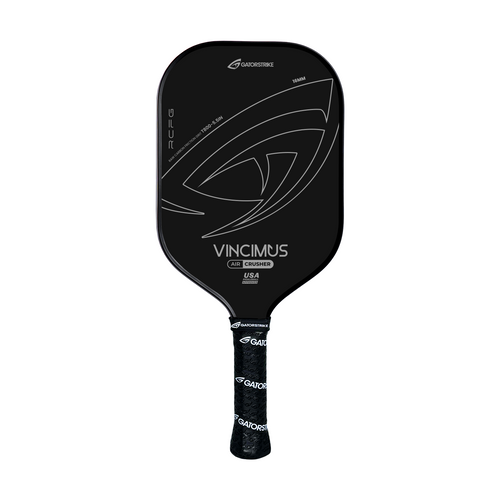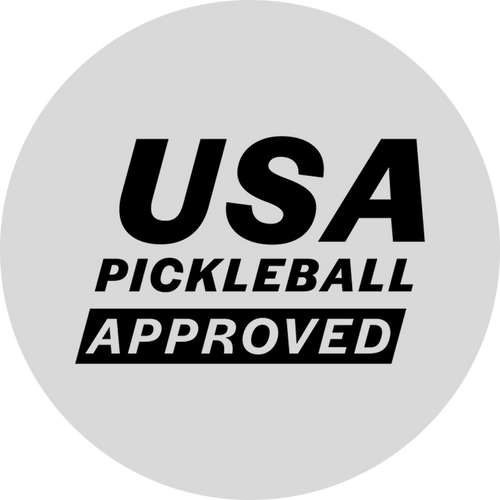
Pickleball Etiquette: The Do’s and Don’ts of Sportsmanship on the Court
Share
Pickleball is more than just a fast-paced paddle sport—it’s a game rooted in camaraderie, respect, and fair play. Whether you’re a seasoned competitor or a newcomer stepping onto the court for the first time, understanding proper etiquette is just as crucial as mastering your dink shots and third-shot drops.
A well-mannered player enhances the experience for everyone, ensuring the game remains enjoyable and sportsmanlike. This guide will cover the essential do’s and don’ts of pickleball etiquette, helping you navigate the social and competitive aspects of the game with grace and professionalism.
The Do’s of Pickleball Etiquette
1. Always Start with a Warm Greeting
A friendly “Hello” or “Good luck!” sets a positive tone before the game begins. A simple handshake or paddle tap goes a long way in fostering good sportsmanship.
2. Call the Score Loud and Clear
Whether you're serving or receiving, ensure that the score is announced audibly before every serve. This helps avoid confusion and maintains a smooth game flow.
3. Respect the Non-Volley Zone (Kitchen) and Line Calls
If a ball lands close to the boundary lines, honesty is key. If you're uncertain about a call, always give your opponent the benefit of the doubt. Fair play builds trust and a good reputation within the pickleball community.
4. Apologize for Lucky Shots
We’ve all hit a shot that clipped the net and landed perfectly on the other side. If you score due to an unintentional net cord or lucky mis-hit, a quick “Sorry about that” shows humility and respect.
5. Encourage Your Partner and Opponents
Whether in victory or defeat, good sportsmanship means encouraging others. Phrases like “Nice shot!” or “Good rally!” promote a positive atmosphere and keep the game enjoyable.
6. Rotate Fairly and Be Inclusive in Recreational Play
If you're playing on open courts where winners stay on, ensure everyone gets a fair chance to play. Invite new players to rotate in and avoid forming exclusive groups.
7. Retrieve Balls for Others
If a stray ball rolls onto your court from a neighboring game, pause play and return it safely. Likewise, if your opponent's ball gets away from them, pick it up and pass it back.
8. Be a Good Winner and a Gracious Loser
Whether you win or lose, always shake hands or tap paddles and thank your opponents for the game. Avoid excessive celebrations or frustration—remember, pickleball is about fun and friendly competition.
The Don’ts of Pickleball Etiquette
1. Don’t Slam at Beginners or Weaker Players
While aggressive play is a valid strategy, excessively targeting beginners with hard smashes can discourage them from playing. Adjust your game based on the skill level of your opponent to keep things competitive yet enjoyable.
2. Don’t Argue Over Line Calls
Disputes over line calls can quickly turn a friendly match into a tense situation. If there’s uncertainty, play a let or give the point to your opponent—good sportsmanship outweighs a single point.
3. Don’t Delay the Game
Be prompt between points and avoid unnecessary delays, such as excessive timeouts, chatting, or slow serving. Keep the game moving to maintain a steady rhythm.
4. Don’t Hit the Ball When Someone Is Not Ready
Before serving, make sure your opponent is ready. Rushing to serve before they are set is not only poor etiquette but can also lead to unnecessary faults.
5. Don’t Offer Unsolicited Advice
Unless someone asks for pointers, avoid coaching during play. While well-intentioned, giving unsolicited feedback can come across as condescending rather than helpful.
6. Don’t Play Loud Music or Distract Players
Pickleball is a social sport, but excessive noise—like blasting music or loud sideline conversations—can be disruptive. Be mindful of others who are focusing on their match.
7. Don’t Throw or Slam Your Paddle in Frustration
We all miss shots or make mistakes, but displaying poor temper on the court creates a negative environment. Instead of venting frustration, take a deep breath and refocus.
8. Don’t Hog the Court During Open Play
If you’re playing in an open-play setting, be mindful of others waiting for their turn. Avoid “stacking” teams with the same partners repeatedly—rotate to give everyone a fair chance to participate.
Final Thoughts: The Spirit of the Game
Pickleball is a sport built on respect, inclusivity, and fun. Following proper etiquette ensures that everyone—whether a casual player or a tournament competitor—enjoys their time on the court.
By being courteous, fair, and encouraging to others, you not only improve your own reputation but also contribute to the welcoming nature of the pickleball community. So next time you step onto the court, remember: great sportsmanship is just as important as great shot placement!
